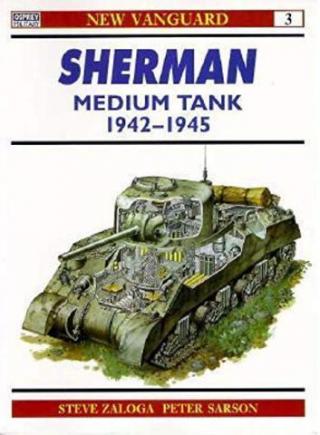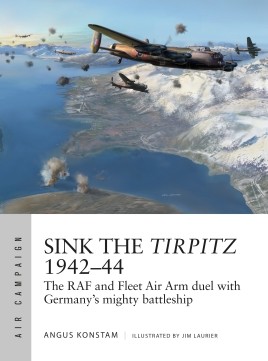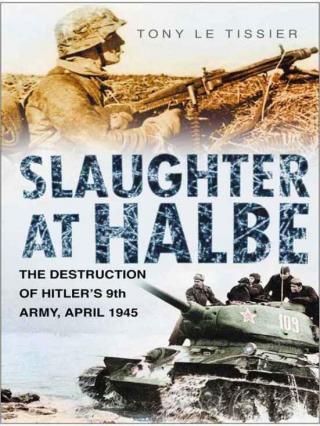In this groundbreaking work, David Raub Snyder offers a nuanced investigation into the German army’s prosecution and punishment of sex offenders during the Second World War. In so doing, Snyder restores balance to the literature regarding the...
Формат:
только полные версии
The M4 Sherman tank was the mainstay of the Western allies between 1942 and 1945. Fast and modern it was better than most of the tanks Britain had to offer. The American Chief of Staff claimed in November 1943 that it had been hailed widely as 'the...
The unexpected arrival of Soviet troops at the end of January 1945 at the ancient fortress and garrison town of Küstrin came as a tremendous shock to the German High Command—the Soviets were now only 50 miles from Berlin itself. The Red Army...
Военная история
Sink the Tirpitz 1942-44: The RAF and Fleet Air Arm Duel with Germany's Mighty Battleship
This is the story of an air campaign in which each bomb could dramatically influence the course of the war.
In January 1942, the powerful German battleship Tirpitz sailed into her new base in a Norwegian fjord, within easy reach of the Arctic...
Operation Berlin, the Soviet offensive launched on 16 April, 1945, by Marshals Zhukov and Koniev, isolated the German Ninth Army and tens of thousands of refugees in the Spreewald ‘pocket’, south-east of Berlin. Stalin ordered its encirclement...
In 1939, Slovakia signed a protection agreement with the German Reich and joined the attack on Poland, where its Avia B-534-equipped fighter squadrons claimed their first kills. In October 1942, having made do with obsolete aircraft, the Slovaks...
How did top Red Army commanders see the assault on Berlin in 1945 – what was their experience of the last, terrible battle of the Second World War in Europe? Personal accounts by the most famous generals involved – Zhukov, Koniev and...
The Soviet Navy that faced the German onslaught in 1941 boasted a mixture of modern warships, often built with foreign technical assistance, and antiquated warships from the Tsarist era that were modernised for the conflict.
Some Soviet naval...
From June 1941, the Soviets were forced to undertake large-scale defensive operations in the face of the overwhelming German blitzkrieg assault, operations which ran counter to their preference for highly mobile, offensive warfare. Lessons were...
The Red Army suffered such catastrophic losses of armour in the summer of 1941 that they begged Britain and the United States to send tanks. The first batches arrived in late 1941, just in time to take part in the defence of Moscow. The supplies of...









